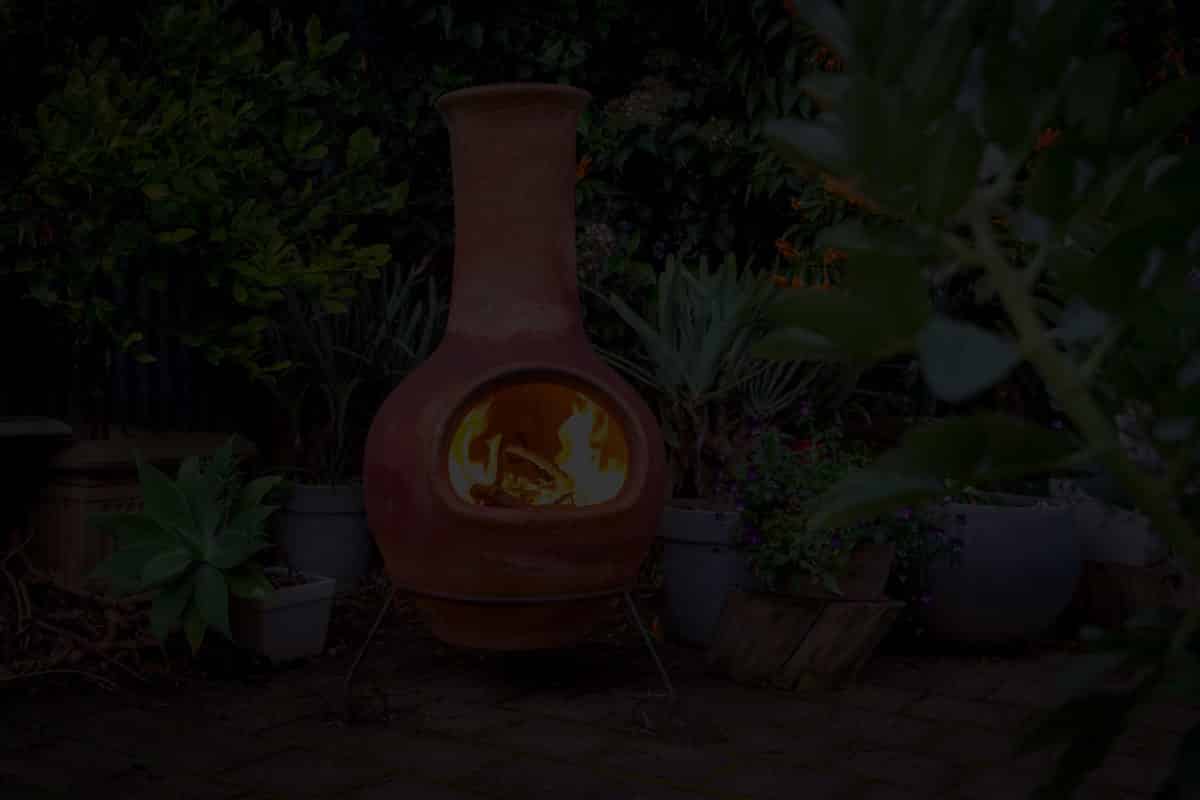Uncategorized
Messy Gardening is Brilliant for Wellness – Go Wabi-Sabi!
“The new study of neuro-conservation from Dr Wallace J. Nichols, an evolutionary ecologist and research associate at the California Academy of Sciences, says being in nature and around water shifts our brain towards hope and compassion, and away from stress and anger” (The Garden Media Garden Trends Report for 2018)
It’s official – being outdoors is good for you. Gardeners have always known it, of course. But now science has caught up, delivering an increasing body of proof to show that being outdoors in the fresh air has a wealth of physical and emotional health benefits. Which means that any excuse you can dream up to spend time in your garden, even if it’s simply messing about in your small city garden, is worth making.
If you’re not really into gardening itself but just love being outside, the latest gardening trend will suit you down to the ground. It’s all about messy gardening, also called imperfect gardening or ‘wabi-sabi’. It also happens to be a whole lot better for wildlife than traditional gardening, where you tidy things up so neatly that there’s no room left for nature. Here’s what you need to know.
About imperfect lawns – It’s a Wabi-Sabi thing
The Japanese are wise people, and they’ve been into messy gardening since ancient times. Their version, Wabi-Sabi, means enjoying the imperfections in life and ageing gracefully. Their wabi-sabi gardens imitate nature in a very special way, encouraging gardeners to relax and appreciate the imperfect… and that means making friends with weeds.
It makes sense when you think about it. Weeds are simply uncultivated plants in their natural form, not genetically engineered by humans to produce bigger flowers or larger, visually interesting foliage, or bred to grow in a variety of soils and climate conditions. The insects that live in your garden need local flora to survive, as do the birds, small mammals and amphibians that eat those insects. It’s a delicate natural balance and when traditional gardeners upset that balance, nature suffers.
If the thought of creating a 100% weed-free lawn then spending the whole summer obsessively mowing it into a state of striped perfection leaves you feeling worn out and depressed, the growing trend for messy gardening is even better news. Let your lawn get lovely and weedy, mow it as normal and the weeds will soon shrink to bonsai size and merge into the grass to form a stunning mat of weather-resistant plants that wildlife love. It’s better than a pin-neat lawn, which may as well be a barren desert as far as nature is concerned.
Better still, why not get rid of your lawn altogether? It’s a hot trend, replacing lawns with friendlier, more natural things like decorative prairie grass, tough sedges and insect attracting stuff like sedums, all completely no-mow. Result!
No digging required
Imperfect gardening means there’s no need to dig. It also makes logical sense. Nature doesn’t dig. The soil microbes that thrive in the dark below the earth’s surface don’t like being dug up and exposed to the air. It isn’t natural. Instead of constantly digging your beds, add small regular amounts of garden waste on top of the soil and let it rot down naturally, an excellent way to improve your soil with very little effort.
No need to dead-head
As soon as flowers die back and autumn arrives, traditional gardeners lop them off. Wabi-sabi means leaving the dead heads on for the winter, providing visual interest and homes for insects as well as food for wildlife in the shape of seeds.
Seeing the beauty in old things
Wabi-sabi means seeing the beauty in old things and enjoying the lovely patina you get from natural ageing. You can either paint rusty old watering cans in bright colours and use them as planters or leave them to gently rust away over the years, providing havens for wildlife. You can use mossy old terracotta pots, and pile up natural stone to create living spaces for nature. You can make attractive heaps of wood and let it rot down, making perfect homes for insects, hedgehogs and toads. You can welcome weeds into your flowerbeds to provide contrast and interest. You can re-purpose all sorts of gorgeous old stuff, from old iron gates to wooden handled garden tools for décor. And you can chuck out your lawn edging tool, letting the edges of your beds grow beautifully wild instead.
Just add water…
You don’t need to go overboard and create a huge wildlife pond. A large plastic or ceramic pot full of water, set into a hole in the ground, is enough to attract the wildlife in as well as giving you that legendary, feel-good factor us humans tend to get when we’re near water. If you saw the Chelsea Flower Show on TV earlier this year you’ll have noticed the sheer, magical variety of water features, everything from long channels of still water in the classic Italian style to shallow dishes full of water that throw light around and provide a drinking spot for birds.
What to do with all that lovely time you’ve freed up?
So you’ve rejected traditional gardening for laid back, mellow Wabi-sabi gardening, and you’re saving a whole load of time as a result. Now you can spend more of it enjoying your outdoor space, less time fighting nature and trying to keep it out. That means plenty more time spend outdoors loving your chiminea. That’s what we call a good deal!
Next time – About flexitarianism, growing your own protein, cutting down on meat
In case you haven’t noticed, there’s a huge boom in pescatarianism, where you leave meat out of your diet but still eat fish, closely followed by vegetarians, vegans and flexitarians. If you’d like to help mitigate climate change, improve animal welfare and enjoy cooking veggie on your chiminea, come back next time to find out more.

